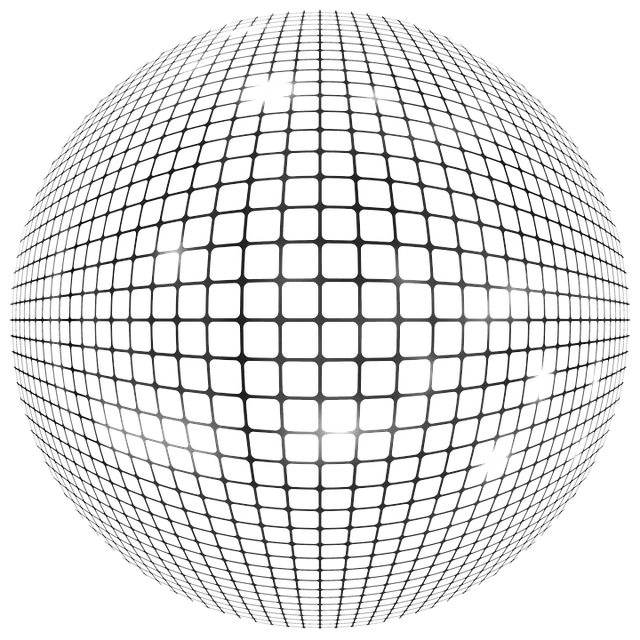Recent research indicates that Argyreia speciosa seeds, known as kratom, possess notable anti-inflammatory properties due to their bioactive alkaloids, particularly mitragynine and 7-hydroxymitragynine. Studies have shown that these compounds inhibit key inflammatory mediators like NF-κB and COX-2, which are pivotal in the body's inflammatory response. The seeds' extracts have demonstrated anti-inflammatory effects in preclinical research, suggesting their potential as a natural treatment for conditions with persistent inflammation. However, it is important to approach the use of these seeds with caution and consult healthcare professionals due to individual differences in sensitivity, potential interactions with other medications, and possible side effects. Users are advised to follow recommended dosing guidelines and consider incorporating argyreia speciosa seeds into a balanced anti-inflammatory diet, emphasizing the importance of selecting high-quality, pure products to ensure safety and efficacy when managing inflammatory conditions.
Argyreia speciosa, commonly known as kratom, has garnered attention for its potential anti-inflammatory properties. This article delves into the promising anti-inflammatory potential of kratom’s seeds, exploring their mechanisms and how they can be effectively integrated into your health regimen for inflammation reduction. Discover the science behind this natural remedy and learn to harness its benefits safely and effectively.
- Unveiling the Anti-inflammatory Potential of Argyreia Speciosa Seeds
- Exploring the Mechanisms Behind Kratom's Inflammation Reduction
- Integrating Argyreia Speciosa Seeds into Your Anti-inflammatory Regimen Safely and Effectively
Unveiling the Anti-inflammatory Potential of Argyreia Speciosa Seeds

Studies have begun to shed light on the potential anti-inflammatory properties of Argyreia speciosa seeds, traditionally recognized in herbal medicine for their various health benefits. Emerging research indicates that these seeds may contain bioactive compounds which contribute to their inflammation-reducing capabilities. Known scientifically as Mitragyna speciosa, the plant from which the seeds originate, has been the subject of growing interest due to its alkaloid profile, particularly mitragynine and 7-hydroxymitragynine, which are thought to play a role in modulating inflammatory responses. Preclinical trials have demonstrated that extracts from Argyreia speciosa seeds exhibit significant anti-inflammatory effects, suggesting their potential as a natural therapeutic alternative for conditions characterized by chronic inflammation. The seed extracts have been observed to inhibit key pro-inflammatory mediators and pathways, including NF-κB and COX-2 enzymes, which are pivotal in the body’s inflammatory cascade. This action could be beneficial for a range of health conditions where inflammation is a contributing factor. As research continues to unravel the mechanisms behind these effects, Argyreia speciosa seeds stand as a promising area of exploration for those seeking natural anti-inflammatory agents.
Exploring the Mechanisms Behind Kratom's Inflammation Reduction

Argyreia speciosa, commonly known as kratom, has been a subject of interest in natural medicine due to its potential anti-inflammatory properties. The mechanisms behind kratom’s ability to reduce inflammation are multifaceted and involve interactions with various molecular pathways. Kratom contains over forty alkaloids, with mitragynine and 7-hydroxymitragynine being the most prominent. These alkaloids have been shown to modulate inflammatory responses by inhibiting the activation of nuclear factor kappa B (NF-κB), a key transcription factor that regulates the expression of numerous pro-inflammatory genes. Additionally, kratom’s anti-inflammatory effects are thought to be mediated through the inhibition of cyclooxygenase (COX) and lipoxygenase (LOX) enzymes, which are involved in the production of prostaglandins and leukotrienes—key inflammatory mediators. This dual action on both transcriptional and enzymatic levels contributes to kratom’s potential as a natural anti-inflammatory agent, making it a subject of ongoing scientific investigation for its therapeutic applications in reducing inflammation.
Integrating Argyreia Speciosa Seeds into Your Anti-inflammatory Regimen Safely and Effectively

Argyreia speciosa, commonly known as kratom, has garnered attention in natural health circles for its potential anti-inflammatory properties. The seeds of this plant, traditionally used in Southeast Asian herbal practices, have been the subject of growing research. Integrating argyreia speciosa seeds into your anti-inflammatory regimen requires careful consideration to ensure both safety and efficacy. It is important to start with a low dosage to gauge individual sensitivity, as the effects can vary significantly between individuals. Moreover, consulting with a healthcare provider before incorporating kratom into any health protocol is essential, given its interactions with various medications and potential side effects.
To safely and effectively utilize argyreia speciosa seeds for inflammation reduction, adherence to dosing guidelines should be paramount. The seeds can be consumed in various forms, including capsules, tea, or powder. Dosing guidelines often suggest starting with a small quantity, such as one to two grams, and assessing the body’s response over time. Monitoring the effects and maintaining open communication with your healthcare provider can help tailor the regimen to your specific needs. Additionally, it is advisable to combine kratom with a well-rounded anti-inflammatory diet rich in antioxidants and omega-3 fatty acids to enhance its benefits. This holistic approach supports the body’s natural ability to manage inflammation while minimizing reliance on pharmaceutical interventions. Always prioritize quality and purity when sourcing argyreia speciosa seeds, as these factors can greatly influence both safety and effectiveness.
In conclusion, the exploration of Argyreia speciosa seeds’ anti-inflammatory potential reveals a promising avenue for natural health solutions. The mechanisms behind kratom’s efficacy in reducing inflammation are multifaceted and merit further scientific scrutiny. For those interested in incorporating this natural remedy into their wellness routine, it is imperative to approach its use with caution and guidance from healthcare professionals. The integration of Argyreia speciosa seeds into an anti-inflammatory regimen holds significant promise for managing inflammatory conditions, provided that the appropriate dosing and safety measures are observed. Future research should continue to elucidate the precise effects and interactions of these seeds to ensure their responsible use within holistic health practices.






